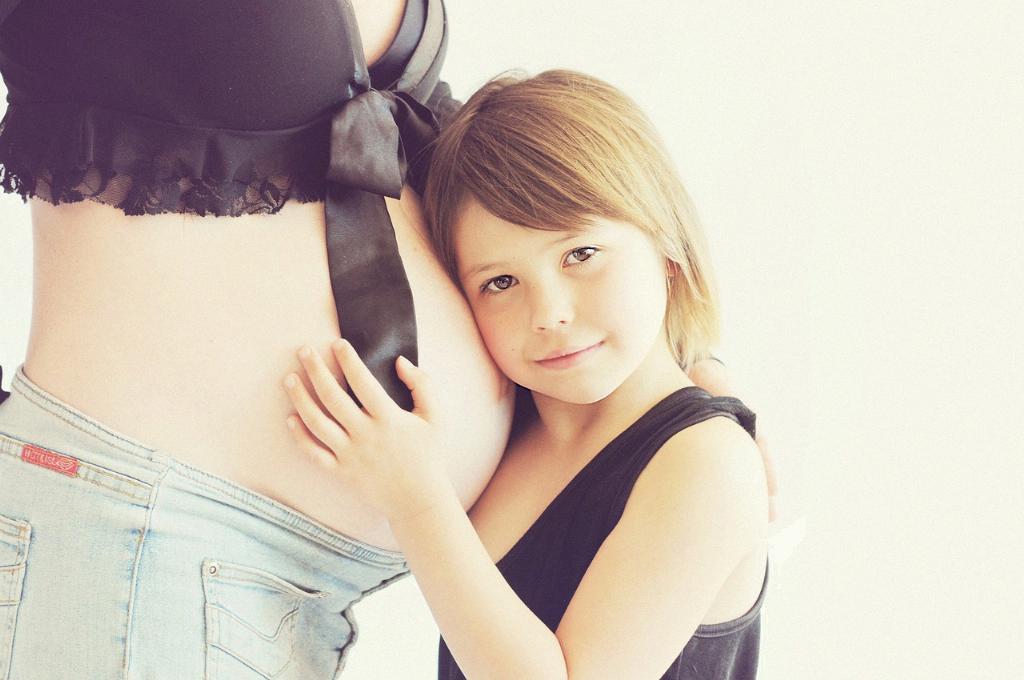During pregnancy, diabetes can be detected as early as in the first trimester, although it is typically diagnosed between weeks 24 to 28. Gestational diabetes, a form of diabetes that develops during pregnancy, can affect any woman. However, some women are at higher risk of developing this condition, such as those who are overweight, have a family history of diabetes, or have had gestational diabetes in a previous pregnancy.
It is crucial for women to undergo screening for gestational diabetes early in pregnancy to detect any signs or symptoms. Early detection allows for proper management and treatment to prevent complications for both the mother and the baby. If left undiagnosed and untreated, gestational diabetes can lead to health issues such as high blood pressure, preeclampsia, and an increased risk of delivering a larger-than-normal baby.
Once diagnosed with gestational diabetes, it is essential to work closely with healthcare providers to develop a comprehensive treatment plan. This may include monitoring blood sugar levels, following a healthy diet, engaging in regular physical activity, and, in some cases, taking insulin to regulate blood sugar levels.
Being diagnosed with gestational diabetes can bring about feelings of fear, confusion, and uncertainty. It is important for women to seek support from healthcare professionals, family, and friends to navigate this challenging time. By working together and staying informed, women can effectively manage their condition and ensure the best possible outcome for themselves and their baby.
Regular prenatal visits are crucial during pregnancy, especially for women at higher risk of developing gestational diabetes. Healthcare providers can monitor and assess the overall health of both the mother and the baby, as well as screen for any potential complications that may arise.
Along with medical interventions, lifestyle modifications play a key role in managing gestational diabetes. Maintaining a balanced diet rich in fruits, vegetables, whole grains, and lean proteins can help regulate blood sugar levels and support overall health. Staying physically active through activities like walking, swimming, or prenatal yoga can also contribute to better blood sugar control.
Educating oneself about gestational diabetes and its implications is empowering for expectant mothers. Understanding the importance of self-care, monitoring blood sugar levels, and recognizing the signs of high or low blood sugar can help women take control of their health and well-being during pregnancy.
Women with gestational diabetes may be referred to a nutritionist or diabetes educator for additional support and guidance. These professionals can offer personalized nutrition plans, lifestyle recommendations, and education on managing diabetes to ensure optimal health for both the mother and the baby.
It is worth noting that gestational diabetes typically resolves after giving birth. However, women who have had gestational diabetes are at an increased risk of developing type 2 diabetes later in life. Therefore, ongoing monitoring of blood sugar levels and regular health check-ups are essential for long-term health.
In conclusion, early detection of diabetes during pregnancy is crucial for timely intervention and proper management. By staying informed, seeking support, and actively participating in their care, women can effectively manage gestational diabetes and minimize potential risks for themselves and their baby. Remember, you are not alone in this journey, and help is always available.

